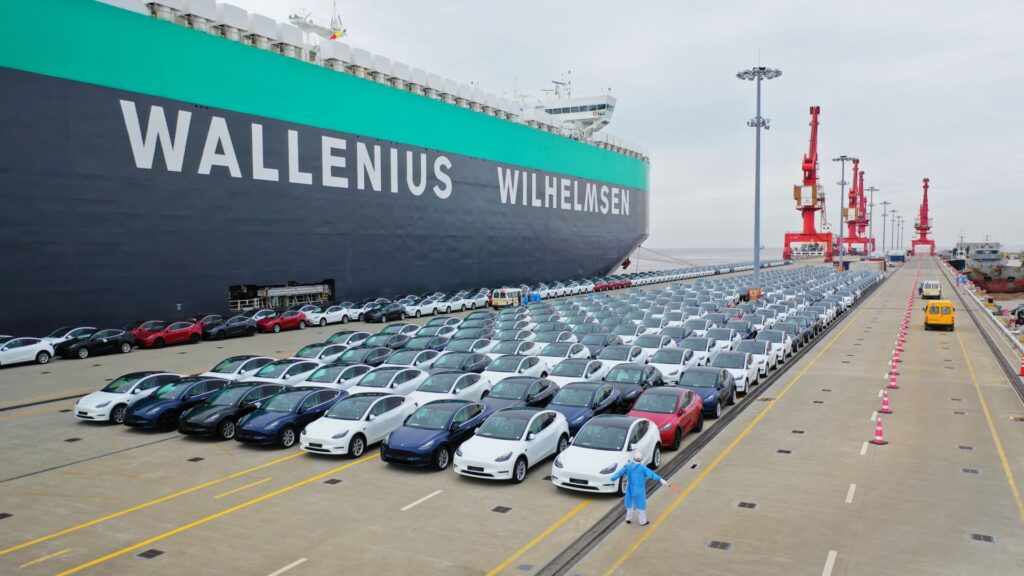
The U.S move to impose higher tariffs on Chinese electric vehicles is set to have an impact on the U.S. battery supply chain — and create investing opportunities, according to Bernstein. The White House said the tariff hikes on Chinese EVs and other products from the Asian giant are necessary to protect American industries from unfair competition. Those tariffs will benefit the U.S. battery supply chain, where demand is expected to grow at a compound annual growth rate of 25% to 30%, according to Bernstein in a May 13 note. “We believe that the introduction of cheaper, better EV models will help drive adoption with an inflection coming over the next few years,” said Bernstein. On top of that, the Inflation Reduction Act (IRA) subsidies to reshore the battery supply chain to the U.S. are also “having the desired impact,” it added. Bernstein pointed out that South Korean companies currently “dominate” the U.S. battery supply chain. “Korean companies, who are amongst the biggest beneficiaries, in our view, have ramped up investment in North America,” it said. It named companies such as LG Energy Solution and Samsung SDI which have more than 65% of U.S. battery manufacturing capacity. “With the US seeking to decouple from China, Korean companies have so far been the biggest beneficiary of the IRA and shift to EVs,” Bernstein analysts wrote. LG Energy Solution has the additional benefit of being the most exposed to growth and IRA benefits, they added. But Bernstein said it prefers Samsung SDI to LG Energy Solution for now, as the former offers “growth at a reasonable price.” In the cathode market, Bernstein said LG Chem is the “most notable Korean company” and it expects it to “close the valuation discount” with LG Energy Solution as the battery materials business grows. In fact, cathodes are the “most diversified” in terms of suppliers within the U.S. market, which is split across major companies from not just South Korea but also Europe. European companies include Umicore and Basf . Bernstein gave Samsung SDI and LG Chem an outperform rating and LG Energy Solution a market perform rating. Bernstein’s market perform rating is equivalent to a hold rating and its outperform rating is a buy, according to the firm. “Some of these companies trade on high valuation multiples and success of these companies will depend on how quickly EV adoption plays out and how big a moat the IRA affords,” said Bernstein. Other companies with a share in U.S. battery manufacturing capacity include Panasonic , Tesla , Ford and Freyr , according to the firm. In which area will domestic U.S. companies have more of a stake? According to Bernstein, the domestic companies are focusing on next-generation battery technology, such as solid state battery technology, which could lead to “significant cost reductions.” Key U.S. companies that are developing solid state battery technology include QuantumScape , Solid Power and SolidEnergy Systems , according to Bernstein. — CNBC’s Michael Bloom contributed to this report.






